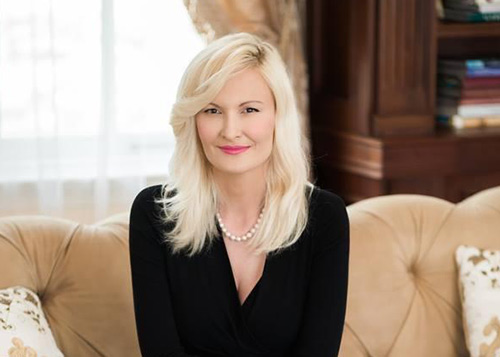Beware “Familial Tribalism” in the White House, warns TC’s Sabic-El-Rayess

“If familial tribalism becomes an operating style of governing in the United States, the consequences of such a social transformation may be even more impactful beyond the confines of the United States than they are domestically,” writes Sabic-El-Rayess in “America’s Familial Tribalism: Will It Impact Education Internationally?”
“In the eyes of Bosnian students, the sudden change in the United States under President Trump would likely be seen as the U.S.’s departure from merited mobility in favor of familial and tribal loyalties.”
— Amra Sabic-El-Rayess and Alexandra Seeman
Sabic-El-Rayess cites her native Bosnia and Herzegovina as a cautionary tale:
“Bosnia is one of those countries where familial and social relations matter and where people are known to seek connections even to secure a spot in a graveyard,” she writes. Higher education figures prominently in the ascent of the privileged to the detriment of the masses, and bribery and “favor reciprocation” are widespread means for advancement. Hence the fear that the presence of Jared Kushner and Ivanka Trump in policy-making positions represent a slippery slope that threatens to thwart “the power of education as a vehicle of merit-based mobility.” The perception abroad that such a shift already is occurring may be growing, and threatens to damage the integrity of education systems everywhere:
“In the eyes of Bosnian students, the sudden change in the United States under President Trump would likely be seen as the U.S.’s departure from merited mobility in favor of familial and tribal loyalties. This would exacerbate already existing problems faced by youths around the world, reaffirming a way of life already too well known to students in Bosnia and many other developing nations.”
Sabic-El-Rayess, who came to the United States on a scholarship, has sought to instill and reward a strong work ethic in younger students she deals with. On her CAPI paper, she credits Alexandra Seeman, a senior at New York City’s Chapin School, for her research assistance. – Steve Giegerich
Published Wednesday, Sep 27, 2017